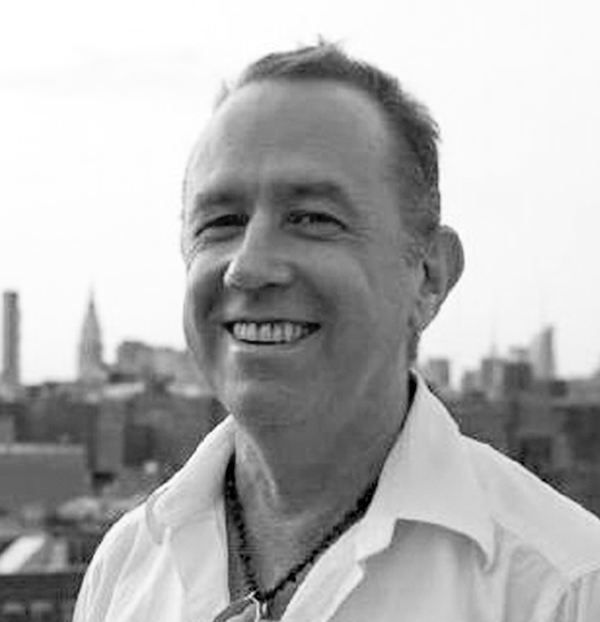Executive Director
Mark Harrington joined the seminal AIDS activist group, ACT UP (the AIDS Coalition to Unleash Power) in 1988, five years after receiving his bachelor’s degree from Harvard University. As a member of ACT UP’s Treatment and Data Committee, Mark helped plan and execute ACT UP’s “Seize Control of the FDA” demonstration in 1988 and its “Storm the NIH” demonstration in 1990. The events helped initiate a fundamental shift in regard to how the U.S. Food and Drug Administration (FDA), the U.S. National Institutes of Health (NIH), and other government agencies addressed HIV community health priorities.
Mark wrote and edited many reports for ACT UP, including three editions of the National AIDS Treatment Research Agenda (1989–91). He was a founding member of the US AIDS Clinical Trials Group (ACTG) Community Constituency Group, serving from 1990 to 1993 on the ACTG Opportunistic Infections and Primary Infection Committees.
In 1992, Mark and 20 other AIDS activists cofounded the Treatment Action Group (TAG). The group scored its first major victory when a groundbreaking report he coauthored with Gregg Gonsalves, AIDS Research at the NIH: A Critical Review (1992), led to federal legislation restructuring the NIH AIDS research effort and strengthening the NIH Office of AIDS Research, signed into law by President Bill Clinton in June 1993.
At the Eighth International AIDS Conference in Amsterdam in July 1992, Mark delivered a plenary address entitled “Pathogenesis and Activism,” using slides of his own HIV-infected lymph nodes to illustrate critically important unanswered questions about the basic science of HIV infection. In 1993, he wrote The Crisis in Clinical AIDS Research, an exposé of inadequate clinical trials then being carried out by the ACTG, the U.S. Department of Defense, and others.
Mark edited and cowrote two TAG reports that were influential in the development of HIV protease inhibitors: Rescuing Accelerated Approval: Moving Beyond the Status Quo (1994) and Problems with Protease Inhibitor Development Plans (1995). He served as an ad hoc community representative at several meetings of the FDA Antiviral Drugs Advisory Committee, and also served on the NIH AIDS Research Program Evaluation Working Group (the Levine Committee), whose 1996 report called for sweeping restructuring of the NIH AIDS research program.
Mark received a MacArthur Foundation Fellowship in 1997, and that same year he became TAG’s senior policy director. In 1998 he delivered a plenary speech, “Cure: Myth or Reality?” at the Twelfth World AIDS Conference in Geneva, where he showed the impact of progressive HIV infection on one of his lymph nodes, and the impact of antiretroviral therapy; he called for studies on when to start antiretroviral therapy, and for massively increased treatment access in developing countries.
In 1999, Mark helped organize the first of three Structured Treatment Interruption Workshops cosponsored by TAG, the Foundation for AIDS and Immune Research, and Project Inform. He served on the U.S. Department of Health and Human Services (DHHS) Panel on Antiretroviral Guidelines for Adults and Adolescents from 1996 to 2008. He is a member of the writing group that produces and updates the World Health Organization (WHO) Guidelines for Antiretroviral Therapy for HIV Infection in Resource-Limited Settings, and is a member of the WHO advisory groups for tuberculosis (TB) and for HIV, and of the Stop TB Partnership’s Global TB/HIV Working Group and its Multidrug Resistant (MDR)-TB Working Group.
Mark has coauthored papers published in the Lancet, PloS Medicine, and Science.
Pronouns: he/him/his

Photo by Malcolm Linton
